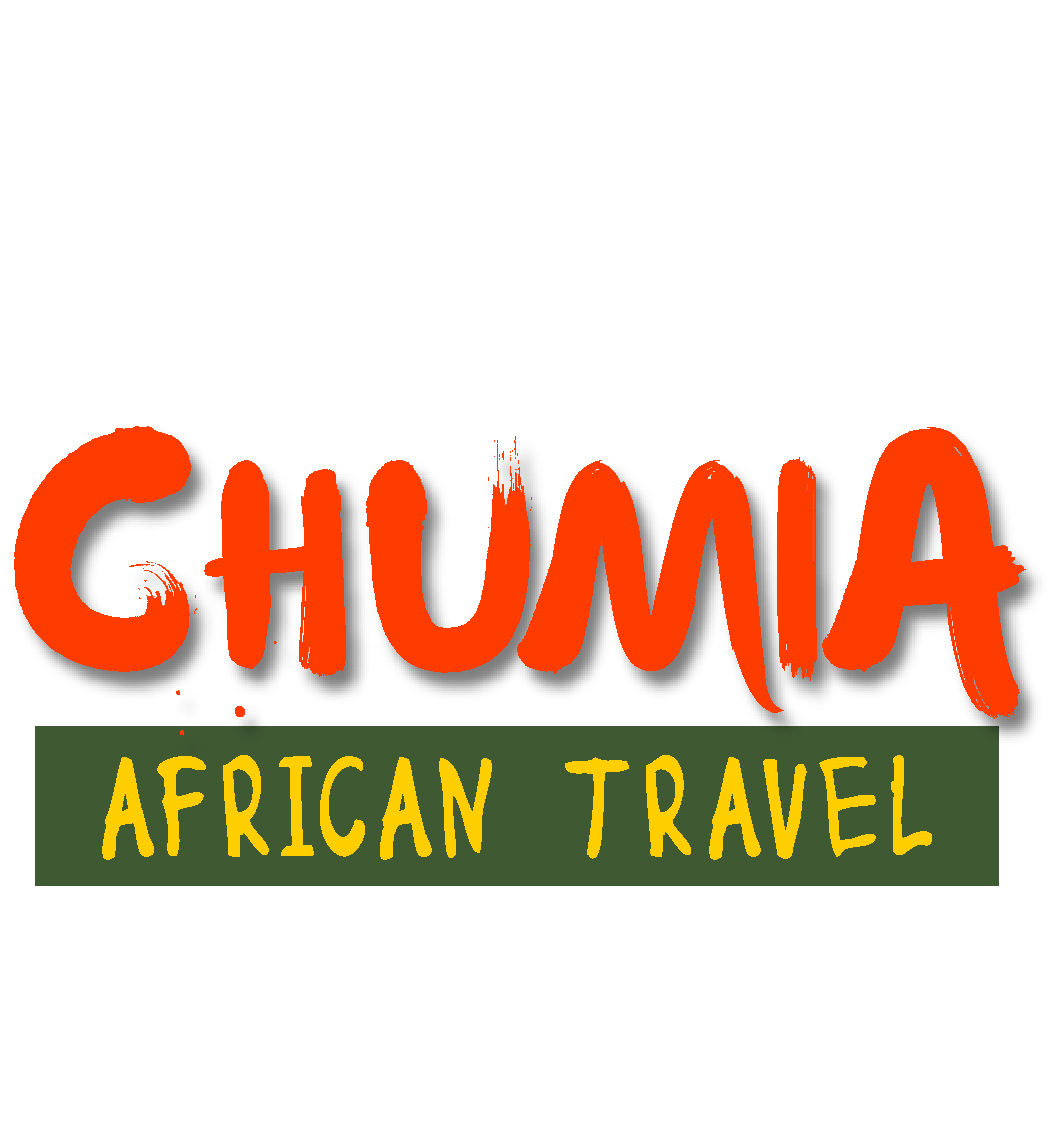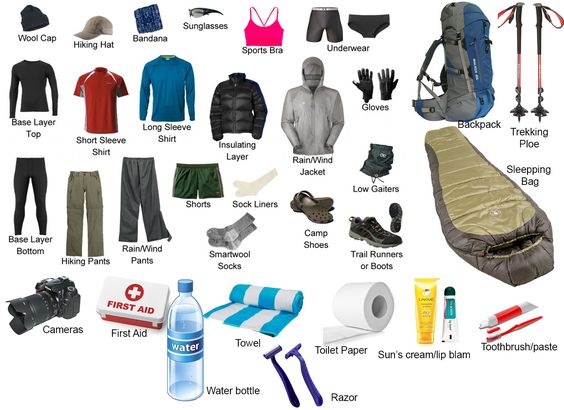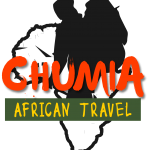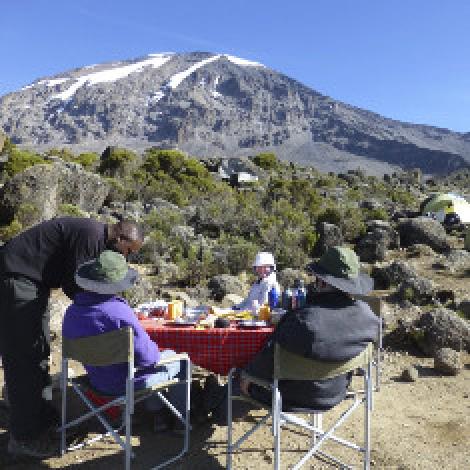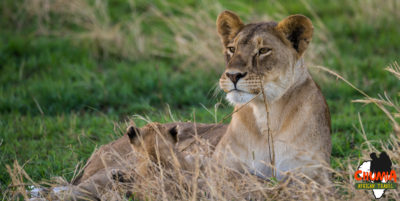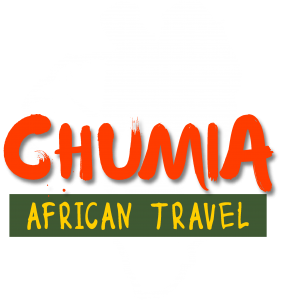Climbing Gears & Renting
You are responsible for bringing personal gear and equipment while communal equipment (tents, food, cooking items, etc.) is provided. Below is a gear list of required, recommended and optional items to bring on your climb
Technical Clothing
Headwear
Handwear
Footwear
Accessories
Equipment
*may be rented on location Other
Paperwork
|
|
The most common mistake that climbers make is that they over pack and bring way too much gear.
Be selective in what you take with you. Please note that our porters are limited to carrying 20 kgs of your personal belongings. Everything the porters will carry for you between campsites should be placed into the duffel bag, including the sleeping bag. Our porters will place your duffel bag and sleeping bag into a large, sturdy, waterproof bag with a roll-top closure.
If you have excess weight, you will be required to hire an additional porter. It is rare to require an extra porter and should happen only in special cases, such as for carrying extensive photography equipment. You are expected to bring everything you need, though we do rent warm sleeping bags and trekking poles on location. All extra luggage, items you will not use on your climb, such safari clothing, gear and equipment, can also be safely stored at the hotel.
Plastic, recyclable water bottles are not allowed in the park, due to past problems with litter. So water should be carried in Nalgene bottles, water bladders, or similar devices. You should be able to carry 3-4 liters of water with you at all times. Please do not bring alcohol. It is illegal to have alcohol in the park. Our staff will not carry it for you. Besides, drinking and high altitude do not mix well.
Checked luggage on airplanes can get lost or delayed on the way to Tanzania. You should prepare for this possibility by wearing or carrying on the items that are essential to your Kilimanjaro climb. While most clothing, gear and equipment can be replaced in Tanzania prior to your climb, there are some things that you should not replace.
Chumia African Travel recommends that you wear one complete hiking outfit on the plane, including a long sleeve shirt, hiking pants, underwear, socks, and hiking boots. In your carry on baggage, you should bring your backpack, waterproof jacket and pants, insulated jacket, fleece pants, snacks, toiletries, medications, camera and all paperwork. Airline regulations do not allow you to carry trekking poles on the plane. Make sure you do wear/carry your hiking boots; wearing a different pair of boots on your climb will likely cause blistering.
If your baggage is lost or delayed, please notify us immediately upon your arrival so we can assist you in assembling the necessary gear. We will take you to local, independently owned rental gear shops in Moshi. Note that these shops generally carry second-hand items that may not be up to Western standards. Chumia African Travel cannot guarantee the fit, quality or functionality of items found in local shops. Therefore, we strongly encourage you to carry on the most important pieces of gear as noted above. We will make reasonable attempts to deliver delayed luggage to you on the mountain. All additional expenses that are incurred by us while resolving lost or delayed luggage problems must be reimbursed locally.
Available Gear for hire in Moshi for Climbing Kilimanjaro
| Sleeping bag | $20 |
| Hat: | $5 |
| Balaclava/Scarf: | $5 |
| Fleece Pants: | $10 |
| Warm Jacket: | $10 |
| Long Underwear: | $5 |
| Raincoat/Poncho: | $10 |
| Rain Pants: | $10 |
| Gloves: | $5 |
| Sweater/Pullover: | $10 |
| Socks: | $2 |
| Hiking Boots: | $20 |
| Sleeping Bag and Liner: | $30 |
| Duffel Bag/Backpack: | $20 |
| Rucksack/Daypack: | $10 |
| Hiking Poles (2): | $10 |
| Gaiters: | $10 |
| Torch/Flashlight: | $10 |
| Sunglasses: | $5 |
| Batteries: | $3 |
| Water Bottle: | $5 |
| Binoculars: | $20 |
Prices are for the entire trek in U.S. dollars, payable in cash in Moshi.
- – Tents and foam sleeping pads are provided at no charge.
- – Rental prices are subject to change.
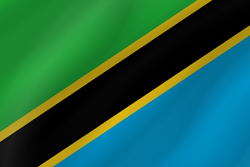 +255 756 010 739 +33 6 24 82 09 36
+255 756 010 739 +33 6 24 82 09 36
